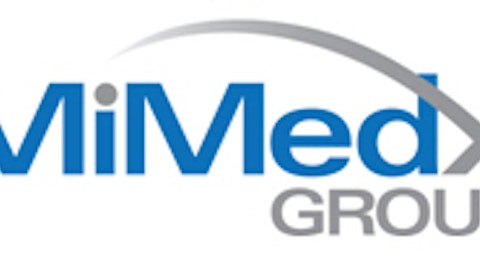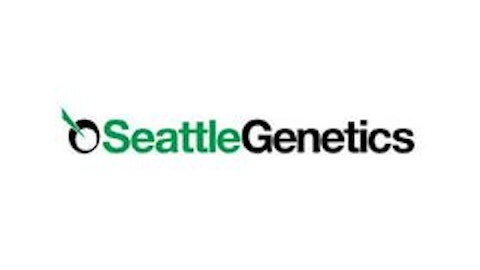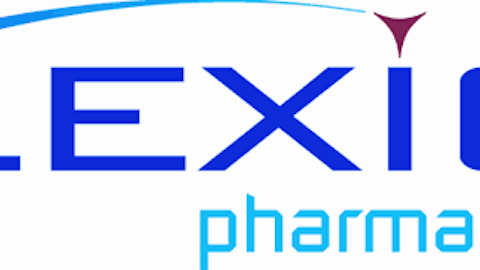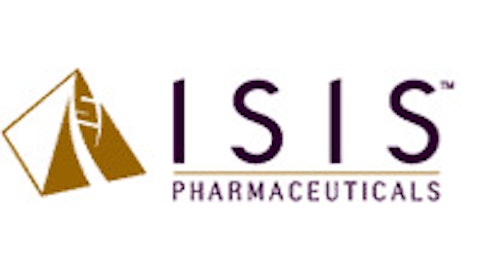The last several months have been remarkably exciting in the biotech space. For patients, it appears that groundbreaking treatments for hepatitis C and cancer could be right around the corner. For investors, this has manifest as an explosion in biotech stocks like Gilead, Celgene, Onyx, and Celldex, boosting the iShares NASDAQ Biotechnology Index (ETF) (NASDAQ:IBB) up 45% year to date. How can investors continue to gain from biotech advancements? What will be the next battleground illness that dominates headlines and sends the industry rolling higher? After this month’s European Society of Cardiologists Congress, I think it’s a return to a focus on cardiovascular disease.
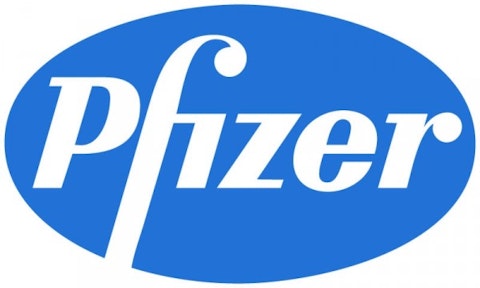
Unclogging the pipes
Hypercholesterolemia is a major public health concern, as it is a leading cause of heart disease — the No. 1 killer in the U.S. It can lead to arterial plaque formation, blocking blood flow and causing elevated blood pressure or worse. Many of the drugs used clinically to treat these secondary aliments have been generics for years, but Pfizer Inc. (NYSE:PFE) hit the jackpot in 1996 with Food and Drug Administration approval of a drug to treat the cause. Lipitor, the greatest selling drug of all time, has brought in more than $100 billion over its lifetime, but those sales have been crushed recently by generic competition.
Lipitor sales demonstrate the remarkable size of the hypercholesterolemia market. The cholesterol wars are certainly heating up again, as multiple companies with innovative therapies are advancing through clinical trials.
The big buzz
It’s hard to mention cholesterol without mentioning PCSK9 inhibitors, which were part of the excitement at the ESC Congress. PCSK9 inhibitors mimic a naturally occurring mutation in individuals with remarkably low cholesterol. Regeneron Pharmaceuticals Inc (NASDAQ:REGN) and Sanofi‘s alirocumab and Amgen, Inc. (NASDAQ:AMGN)‘s AMG145 are two of the most advanced PCSK9 inhibitors.
In a pooled analysis of four phase 2 trials, Amgen, Inc. (NASDAQ:AMGN)’s AMG145 lowered cholesterol by 40%-59%, versus 0.1%-0.5% in placebo-treated patients after 12 weeks of treatment. Alirocumab reduced LDL, or “bad” cholesterol, by 73% when combined with a statin, compared to a 17% reduction in patients receiving statin and placebo. Phase 2 trials gave AMG145 a dosing advantage, though both drugs are currently in phase 3 trials with even more convenient dosing schedules.
At this point, it’s hard to say which drug will claim the spot as top dog, but with the growing demand for cholesterol-lowering drugs there might be some market for both. With a forward P/E of 42 versus Amgen, Inc. (NASDAQ:AMGN)’s 13.8, the market may have already priced alirocumab into Regeneron Pharmaceuticals Inc (NASDAQ:REGN)’s stock.
Antisense is making sense
Elevated cholesterol isn’t the only risk factor for heart disease, though, and ISIS Pharmaceuticals, Inc. (NASDAQ:ISIS) appears poised to profit from drugs that reduce harmful triglycerides. ISIS Pharmaceuticals, Inc. (NASDAQ:ISIS) boasts a massive pipeline for a company waiting to be profitable, and seven of those drugs are cardiovascular therapies. One of them, ISIS-APOCIIIRx, garnered lots of attention at the ESC Congress.
ISIS-APOCIIIRx is an antisense drug that alters the function of the protein ApoCIII at the genetic level. Blocking the function of ApoCIII improves the liver’s ability to clear triglycerides from the blood. Interim data from an ongoing phase 2 study already showed statistically significant effects of ISIS-APOCIIIRx as a monotherapy treatment, reducing triglycerides by 75% at the highest dose, compared to a 5% increase in placebo. The drug also had significant effects on both “good” HDL and “bad” VLDL cholesterol.
